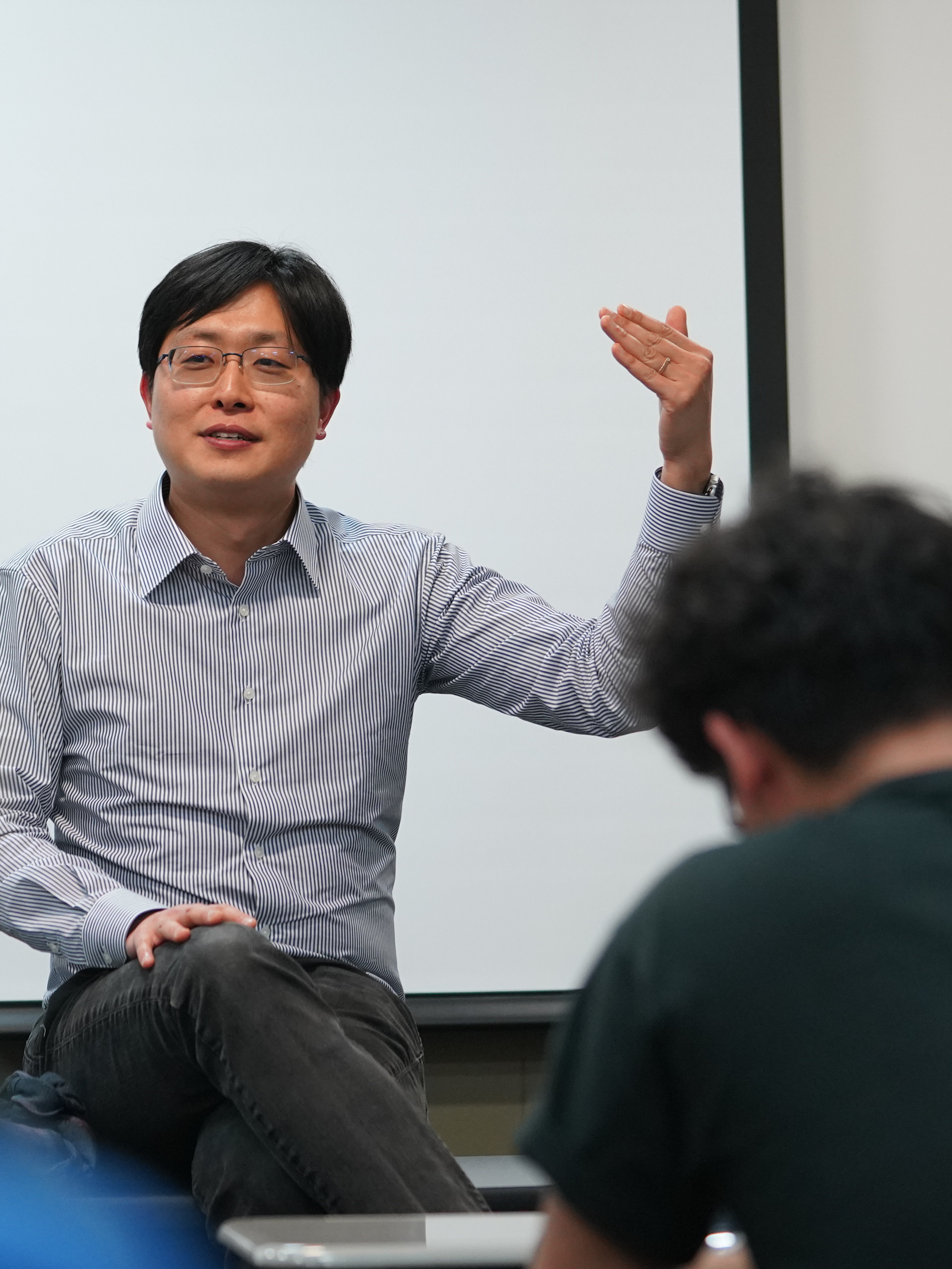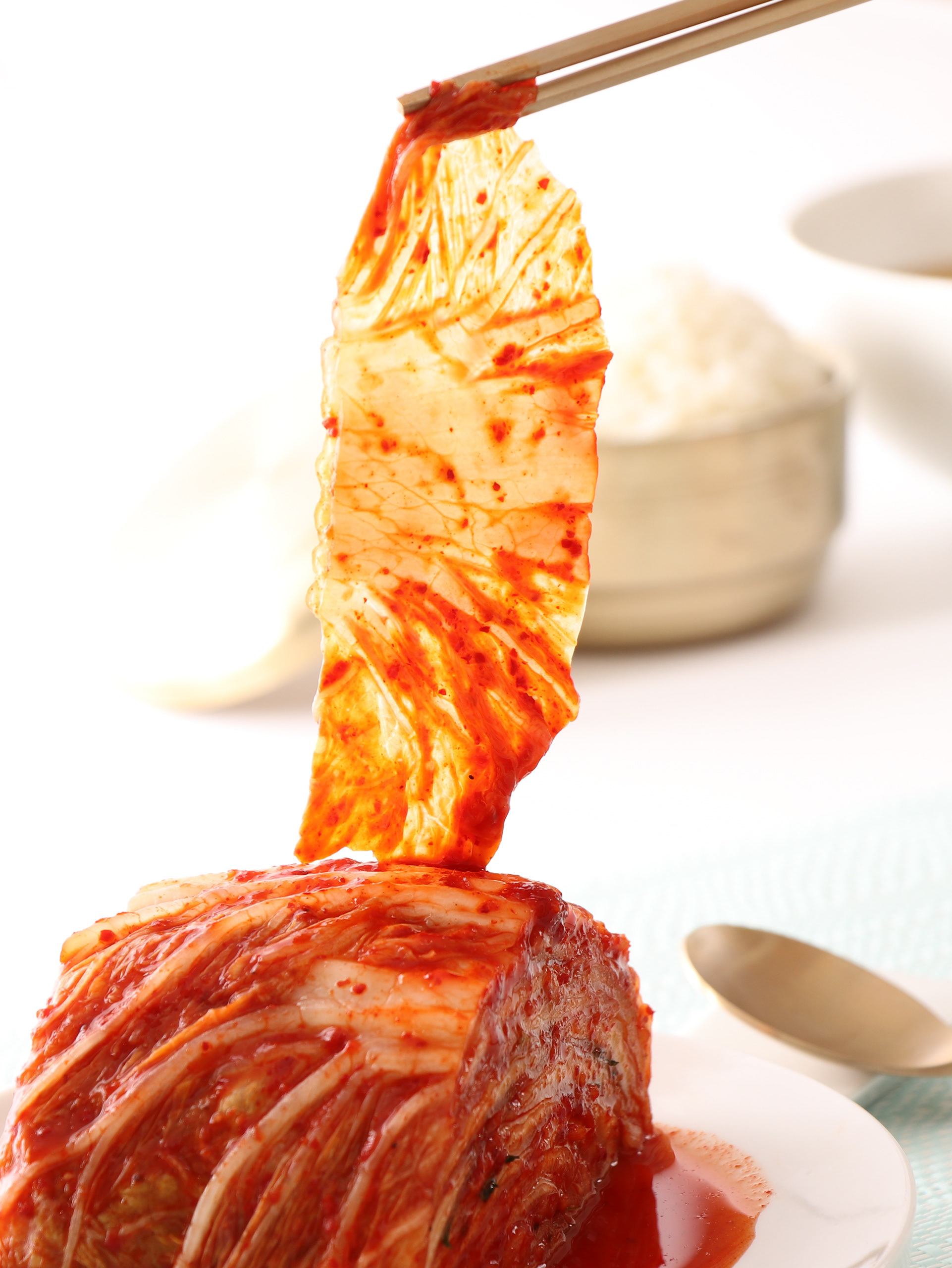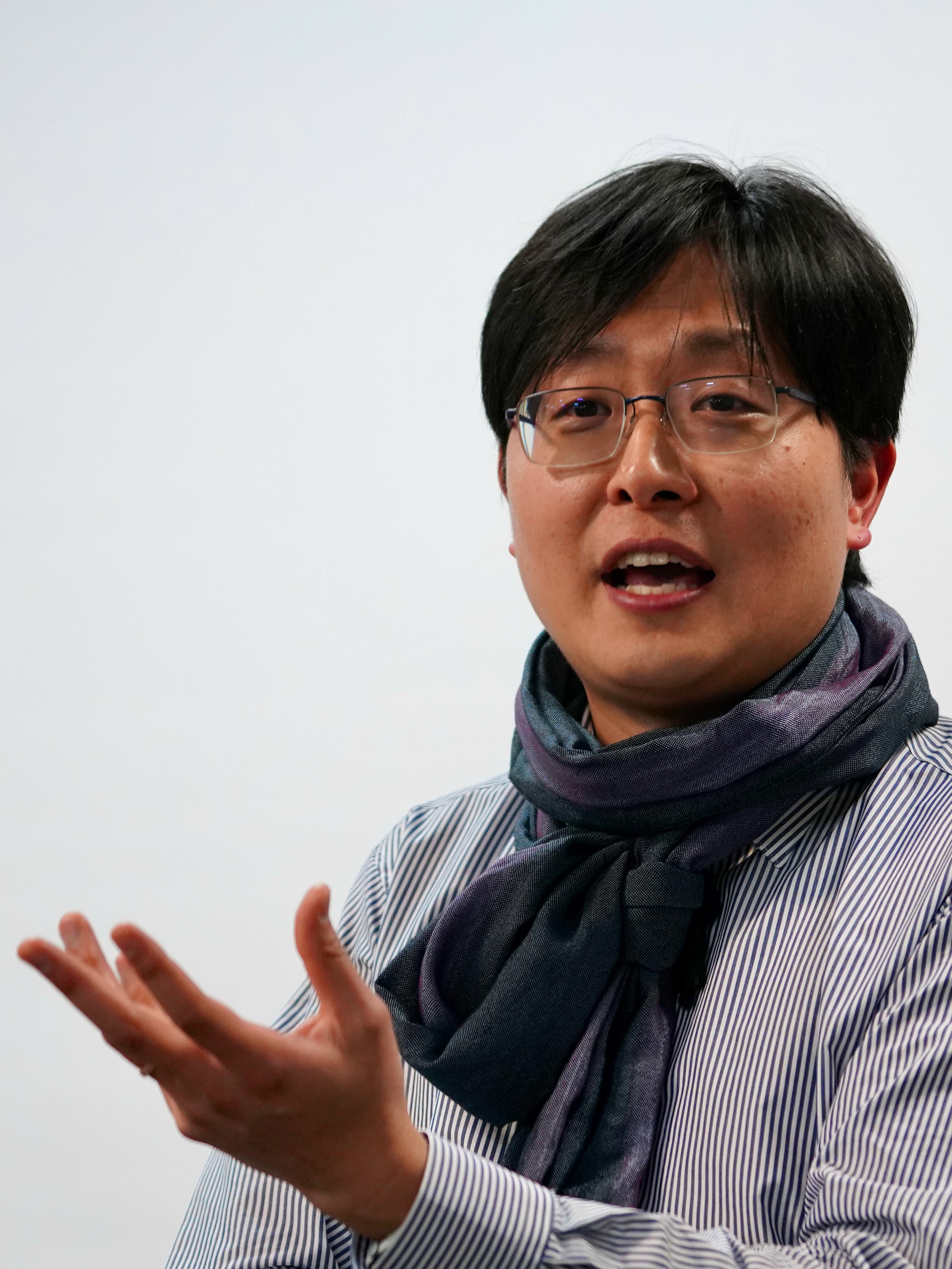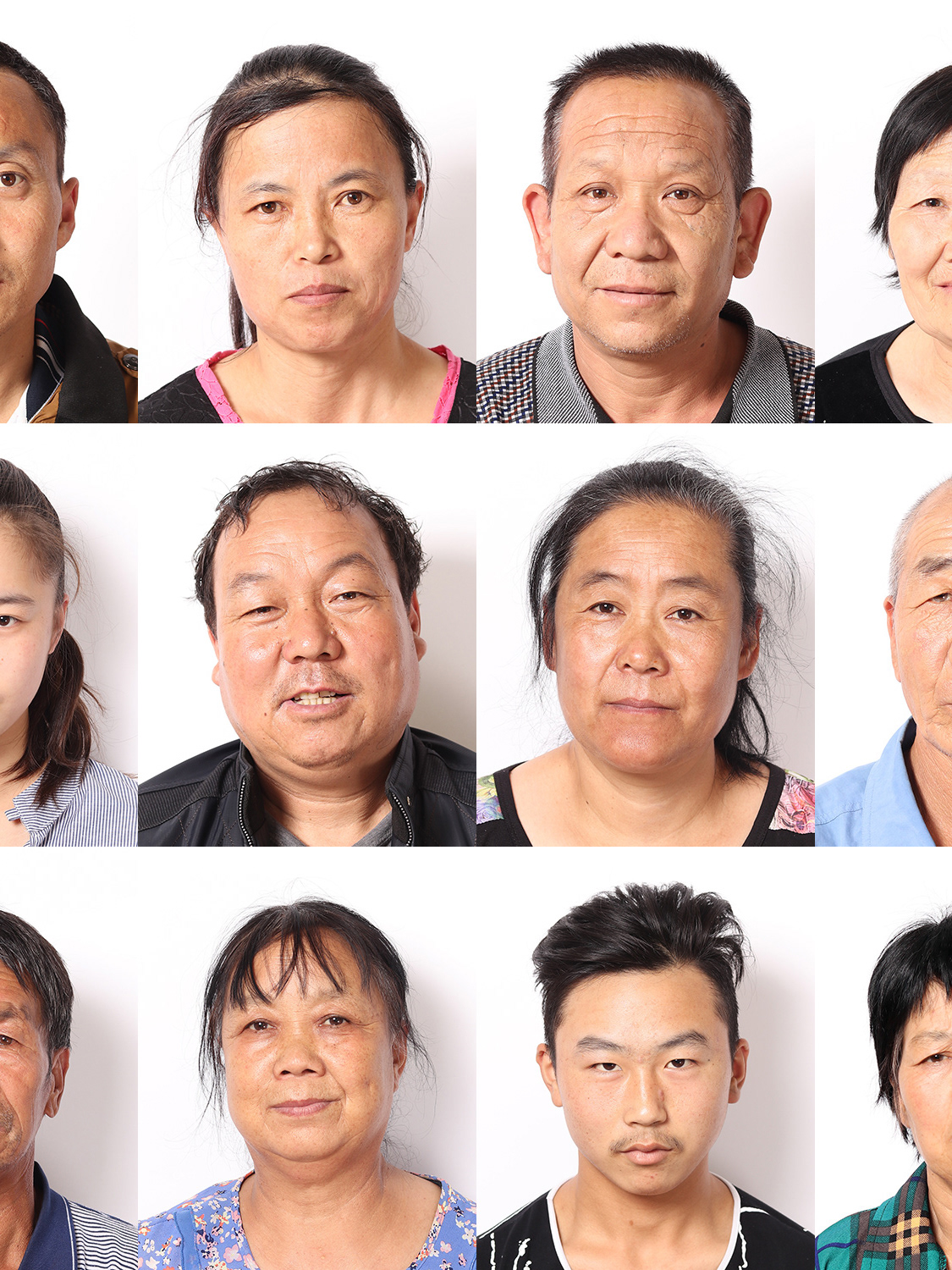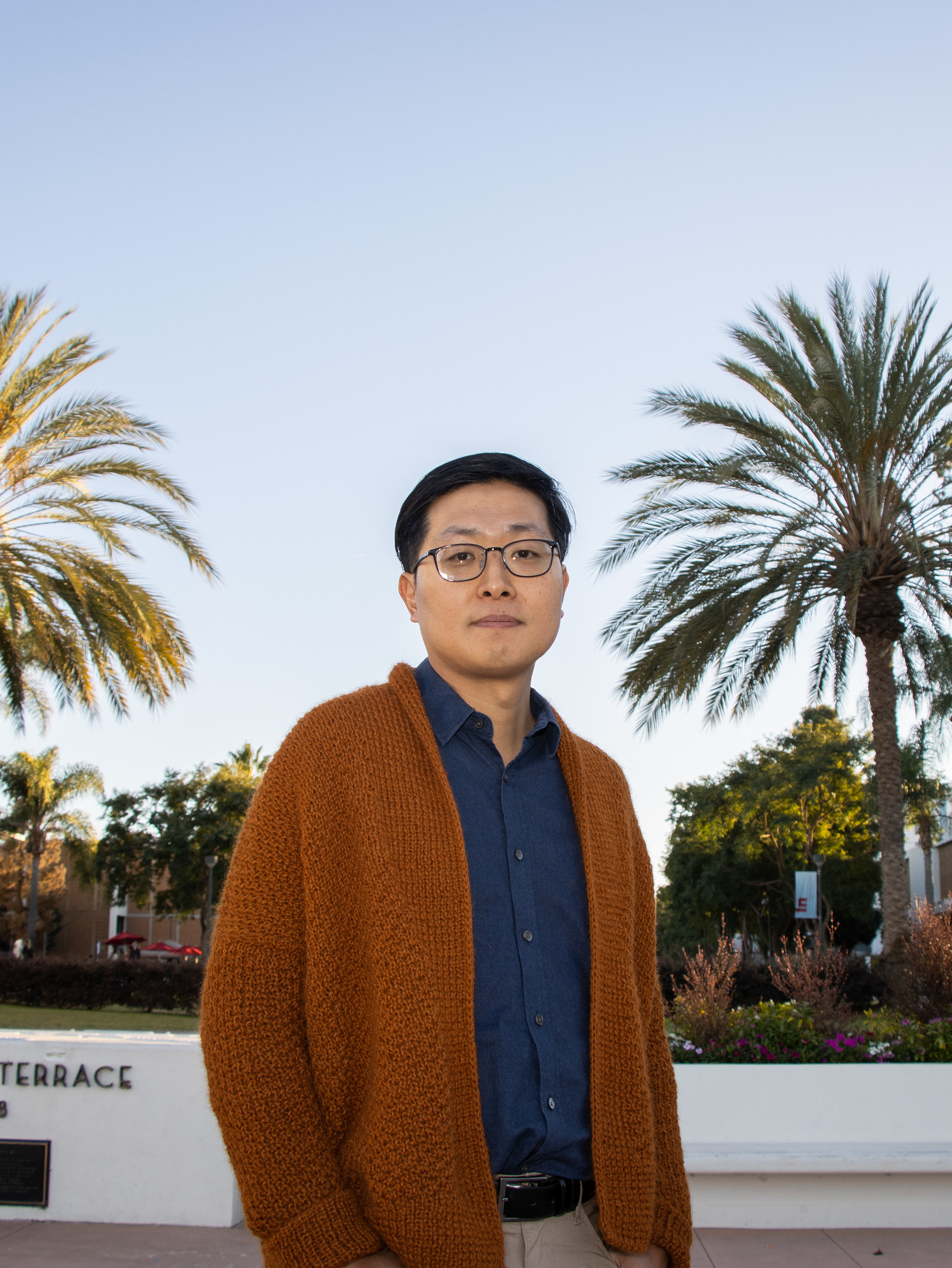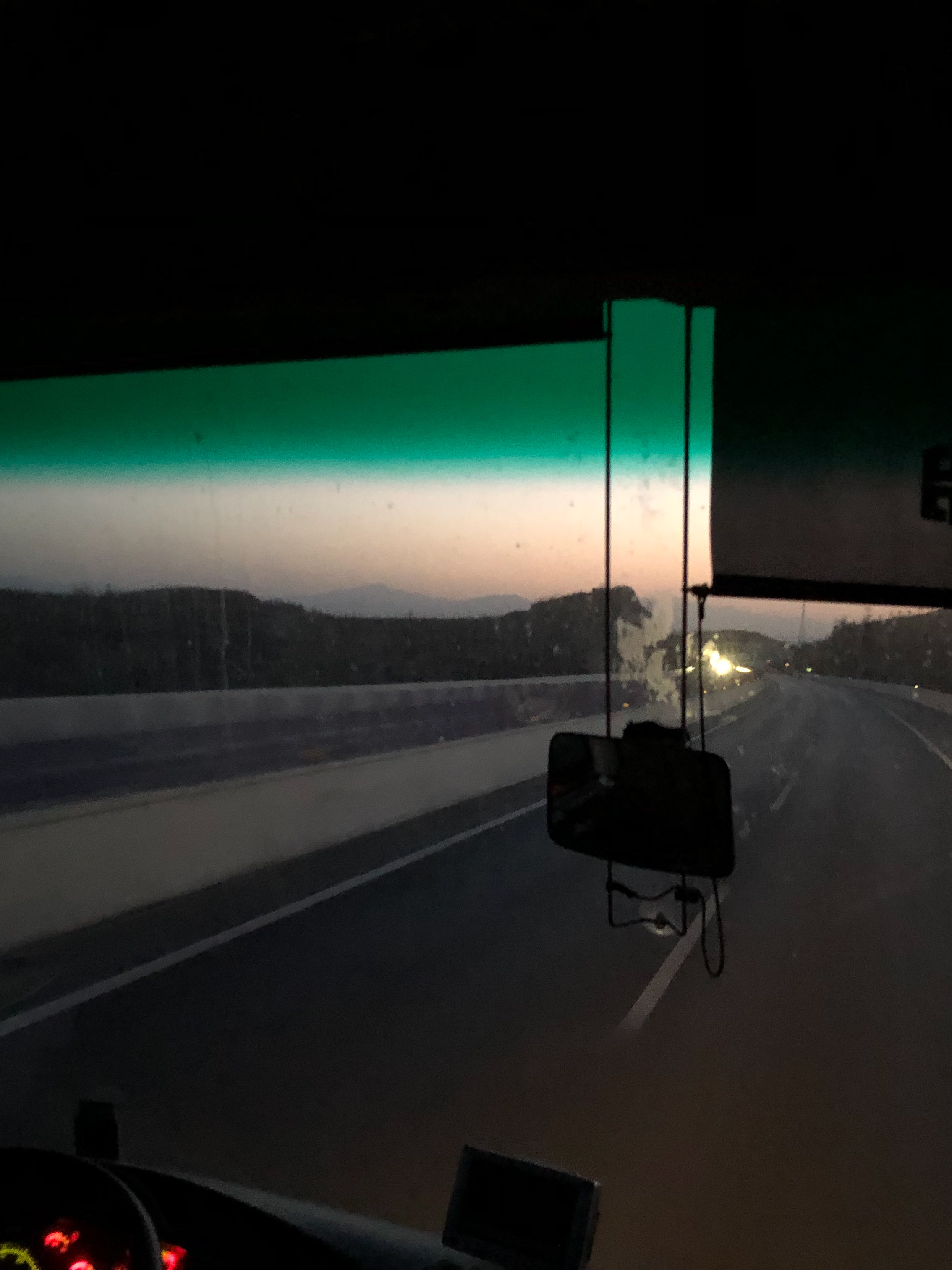Fermenting across Korea and America
In this project, I follow Korean-American chefs who aspire to (re)connect with their Korean culinary heritage by learning jang—fermented soybean paste—from South Korean artisanal makers. Analyzing how fermentation is described, interpreted, and taught between (mostly female) South Korean masters and (mostly male) Korean-American chefs, I interrogate the postcolonial, nationalist, and gendered dimensions of cultural representation across the Pacific. Studying the South Korean government’s policies on the global promotion of K-Food, reading Korean-American chefs’ cookbooks, and following the chefs’ trips to South Korea, the project will critically analyze the cultural politics at the intersection of nationalism, U.S. imperialism, and diasporic connections. The project's research findings will be disseminated through peer-reviewed journal articles and experimental storytelling, which will use ethnographic films, photography, and recipes.
Logistics in the Making of Mobile Worlds (2020-23)
in collaboration with Julie Chu, Jennifer Cole, and Jack Mullee
This research project seeks to use logistics as a lens through which to innovate new theories and methodological approaches for understanding the entangled nature of contemporary mobile worlds. The research team will do this by comparing cases for managing global circulation across three distinct kinds of flows—that is, of people, data, and things. Rather than just following “the flows” of global circulation, the project offers logistics as a means for getting at the hidden pragmatic designs and coordinating agencies that make the regional and transnational patterns of mobility and immobility intelligible in the first place. A focus on logistics demands closer attention not just to what happens when people, goods, or information arrive at their destination but how they get there via distinct yet often overlapping, hidden pathways of mediation.
By investigating the pervasive but often obscured work of logistics in the organization of various global flows in people, things, and data, this project will not only open up the black box of technopolitical knowledge and practices that constitute “logistics” for new comparative research. It will also stimulate new theoretical agendas and methodological innovations by gathering researchers of diverse expertise and regional affiliation for collaborative experiments in and beyond the academic setting. Alongside workshops, study group meetings, and collaborative art exhibitions, the research team will host several experimental “field schools” on logistics across Asia-Pacific, Europe, and the Americas to engage with cases that vary widely in terms of geographic location, scale, and formal research object. The research materials will be shared in various mediums, including an interactive online platform, A Field Guide to Logistics, for exchanging meso-level research findings and for showcasing diverse audiovisual forms of representation.
Buying Up: China’s Rise and the Professional Soccer Transfer Markets
The history of Chinese professional soccer leagues is relatively short compared to those in Europe and South America. Yet, with massive investment from corporate sponsors and strong state initiatives, the Chinese soccer league has become one of the fastest-growing sports leagues with a large domestic fanbase. Its rapid development has been boosted by “buying” well-known foreign professional players from Europe and South America, often at surprisingly high transfer fees and wages that most European and American teams cannot and would not pay. Examining the historical trajectories of foreign players’ exchanges in the Chinese professional soccer league, I intend to answer: What are the legal, economic, cultural, and political conditions by which professional players are traded like commodities across borders? How has the Chinese soccer league become a part of the global market of professional soccer players? How has the Chinese soccer league’s financial power been felt, perceived, and interpreted in China and elsewhere? How is it understood in relation to China’s economic rise?
The research project on Chinese soccer will contribute to the anthropological scholarship of commodities, markets, and world-making. Attending to the legal, economic, and political rubrics that facilitate professional athletes’ exchange, the research will explore the blurred boundaries between commodities and labor-power and between transnational mobility of commodities and people. By investigating how Chinese soccer teams’ purchases of foreign players are perceived in relation to China’s economic rise, the research will reveal how the conflicting views of China are articulated in and through the markets. Also, by following the transnational flow of capital and people that constitute the Chinese professional soccer leagues, my research will bring attention to the relationship between the global circulation of Chinese capital and the economic, political, and cultural transformation occurring in Chinese societies.
